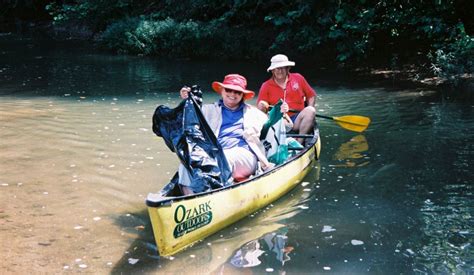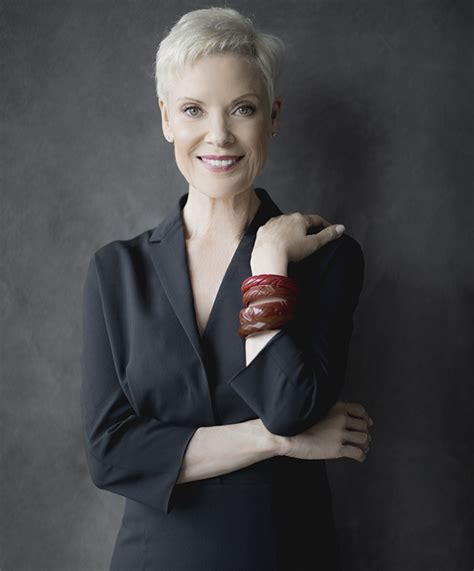A Quote by Robert M. Lindner
Adjustment, that synonym for conformity that comes more easily to the modern tongue, is the theme of our swan song, the piper's tune to which we dance on the brink of the abyss, the siren's melody that destroys our senses and paralyzes our wills.
Related Quotes
The role of the writer is not to say what we can all say, but what we are unable to say. Most of the writing today which is called fiction contains such a poverty of language, such triteness, that it is a shrunken, diminished world we enter, poorer and more formless than the poorest cripple deprived of ears and eyes and tongue. The writer's responsibility is to increase, develop our senses, expand our vision, heighten our awareness and enrich our articulateness.
Tis in ourselves that we are thus or thus. Our bodies are our gardens, to the which our wills are gardeners: so that if we will plant nettles, or sow lettuce, set hyssop and weed up tine, supply it with one gender of herbs, or distract it with many, either to have it sterile with idleness, or manured with industry, why, the power and corrigible authority of this lies in our wills.
There is no insurmountable solitude. All paths lead to the same goal: to convey to others what we are. And we must pass through solitude and difficulty, isolation and silence in order to reach forth to the enchanted place where we can dance our clumsy dance and sing our sorrowful song - but in this dance or in this song there are fulfilled the most ancient rites of our conscience in the awareness of being human and of believing in a common destiny.
Too much apparatus, designed to guide us in experiments and to supplement the exactness of our senses, makes us neglect to use those senses...The more ingenious our apparatus, the coarser and more unskillful are our senses. We surround ourselves with tools and fail to use those which nature has provided every one of us.
We are befouling and destroying our own home, we are committing a slow but accelerating race suicide and life murder - planetary biocide. Now there is a mighty theme for a mighty book but a challenge to which no modern novelist or poet has yet responded. Where is our Melville, our Milton, our Thomas Mann when we need him most?
For the 99 percent of the time we've been on Earth, we were hunter and gatherers, our lives dependent on knowing the fine, small details of our world. Deep inside, we still have a longing to be reconnected with the nature that shaped our imagination, our language, our song and dance, our sense of the divine.
In the new alchemy, we have a similar kind of way of thinking. Our internal space includes our intuitions, our thoughts, our senses and our feelings, and from these we construct or build a picture of the outside world. From intuition and thought, we construct time. We also construct space from thought and our sensations. From our senses and our feelings, we experience energy, and from our intuitions and our feelings, we experience motion.
The rush and pressure of modern life are a form, perhaps the most common form, of contemporary violence. To allow oneself to be carried away by a multitude of conflicting concerns, to surrender to too many demands, to commit oneself to too many projects, to want to help everyone in everything, is to succumb to violence. The frenzy of our activity neutralizes our work for peace. It destroys our own inner capacity for peace. It destroys the fruitfulness of our own work, because it kills the root of inner wisdom which makes work fruitful.
This hour in history needs a dedicated circle of transformed nonconformists. Our planet teeters on the brink of annihilation; dangerous passions of pride, hatred, and selfishness are enthroned in our lives; and men do reverence before false gods of nationalism and materialism. The saving of our world from pending doom will come, not through the complacent adjustment of the conforming majority, but through the creative maladjustment of a nonconforming minority.
Jesus! it is the name which moves the harps of heaven to melody. Jesus! the life of all our joys. If there be one name more charming, more precious than another, it is this name. It is woven into the very warp and woof of our psalmody. Many of our hymns begin with it, and scarcely any, that are good for anything, end without it. It is the sum total of all delights. It is the music with which the bells of heaven ring; a song in a word; an ocean for comprehension, although a drop for brevity; a matchless oratorio in two syllables; a gathering up of the hallelujahs of eternity in five letters.
Having Alexei Ratmansky create a new Romeo and Juliet for The National Ballet of Canada to mark our 60th anniversary is a dream come true. His aesthetic -- steeped in the Russian school but open to contemporary sources -- is ideal for this work and for our company, which, with our classical heritage and our passion for the modern, is perfectly suited to his distinctive dance vision.


































